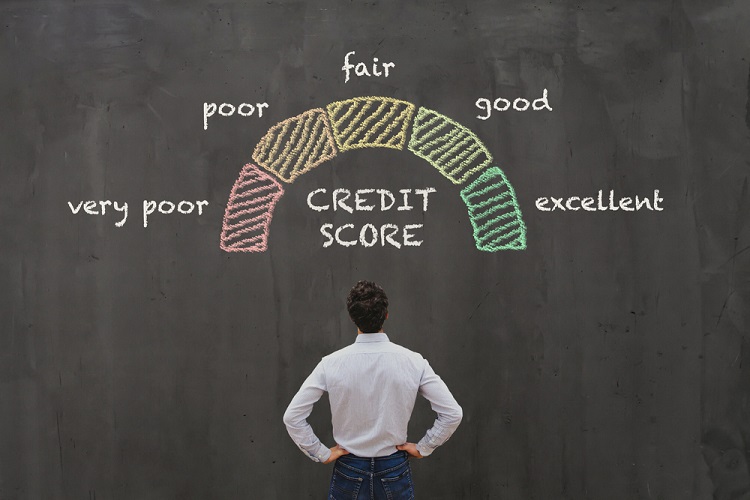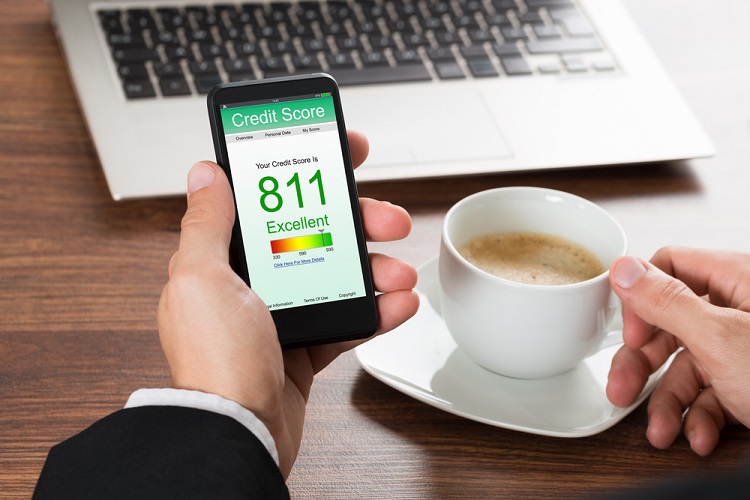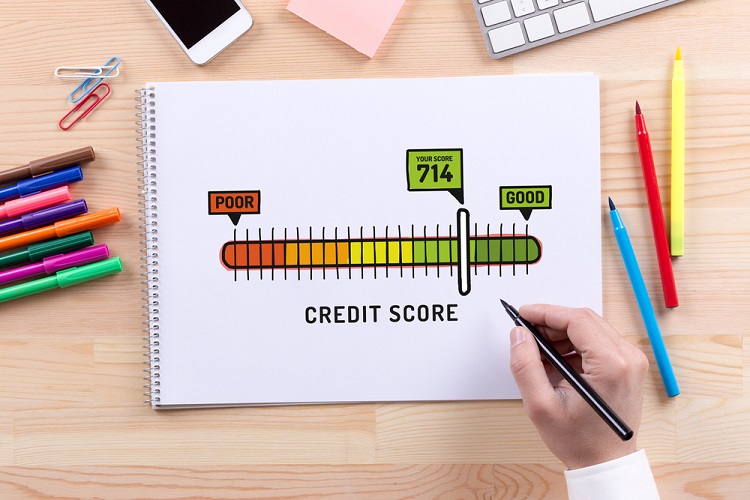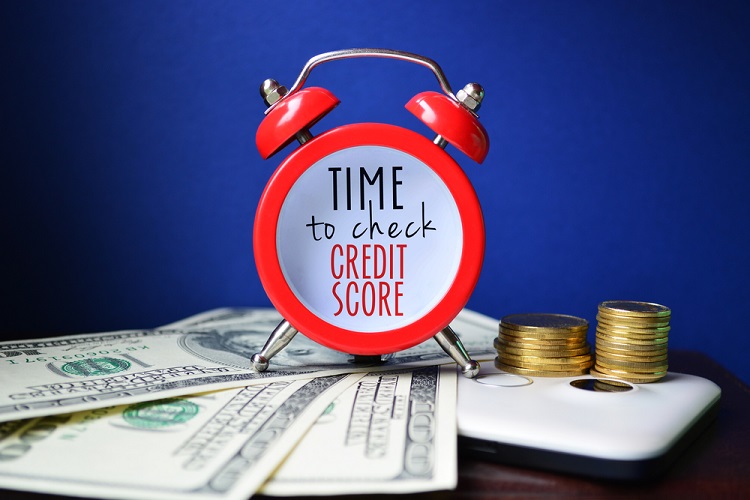Why Are Credit Scores Important?
Your credit score: It’s only three numbers, but its importance can’t be underestimated.
You need a credit score – and a reasonably good one – to apply for such things as a credit card, a mortgage, and other types of applications that reflect your financial standing. You might not be aware of what your credit score is, but rest assured that it’s most likely impacting your life in a major way right now. Read on to find out why and how.

The Importance Of Credit Scores
Credit bureaus monitor your financial habits and use the information they gather to assign you a credit score. The number they come up with serves as an indicator of how financially risky you are in terms of making regular payments, managing bills, making good on loans, and more.
Your credit score ultimately affects the amount of interest you’ll be required to pay on credit cards, mortgages, and car loans. How so? Banks and companies in general aren’t inclined to lend money to people if they believe there is a possibility they won’t get paid back on time – or ever. Consequently, if money is lent to a person with a low score, the bank or company will most likely charge a high price to cover the cost of the risk they’re assuming.
In addition, credit scores are sometimes used as a tool to assess your overall trustworthiness and financial dependability. Landlords and potential employers often check credit scores, and in many states, auto insurers can look to your credit history when determining how much to charge you for coverage.

Good vs. Bad Credit Scores
To begin with, you don’t have just one credit score in your name, you have many. Each credit bureau has access to different financial information about you and uses a different scoring formula to judge your trustworthiness.
FICO and VantageScore are two of the most frequently used credit models. Scores provided by both FICO and VantageScore range from a low of 300 to a high of 850.
FICO breaks down its ratings as follows:
• 300-640 | Low – A credit score in this range suggests you’ve experienced major financial troubles such as bankruptcy or foreclosure. With this score, you may not get approved for a credit card or a standard loan.
• 640-680 | Medium-low – Your credit history may include late payments or loan defaults. Any loans you might be approved for could come with high interest.
• 680-720 | Medium-high – Although lenders will consider you trustworthy and grant you access to exclusive credit cards and fairly good interest rates, you may still be locked out of the best financial products and rates.
• 720-850 | High – A high score enables you to access low-interest rates, high credit limits, premium credit card perks, and fast approvals.

How To Check Your Credit Score
You can request a free credit report from any of the major credit bureaus – TransUnion, Equifax, and Experian – once every 12 months; be aware, however, that these reports will not include your credit score. But you can access your score in the following ways:

• Contact your Bank oR Credit Card Issuer
Many banks and credit card companies provide free credit scores to their customers.
Major banks and card issuers that offer free scores include Bank of America, Wells Fargo, Citibank, Capital One, Chase, and Discover.
• Use an Online Service
You can access free credit scores from online providers such as Credit Karma, CreditWise, ImportantScore.com., and Credit Sesame. Online services provide access to credit scores from at least one of the three major credit bureaus.
Once you’ve signed up online, you’ll receive a free credit score as well as free credit monitoring. Another plus: Checking your credit score this way won’t count as a “hard inquiry” into your credit, meaning it will not affect your overall score.
• Inquire When you’re Applying for a Loan
You can obtain your credit score when applying for a loan. If your loan application is denied, the lender is required by law to provide you with your credit score and inform you which of the major credit bureaus provided the credit report.
